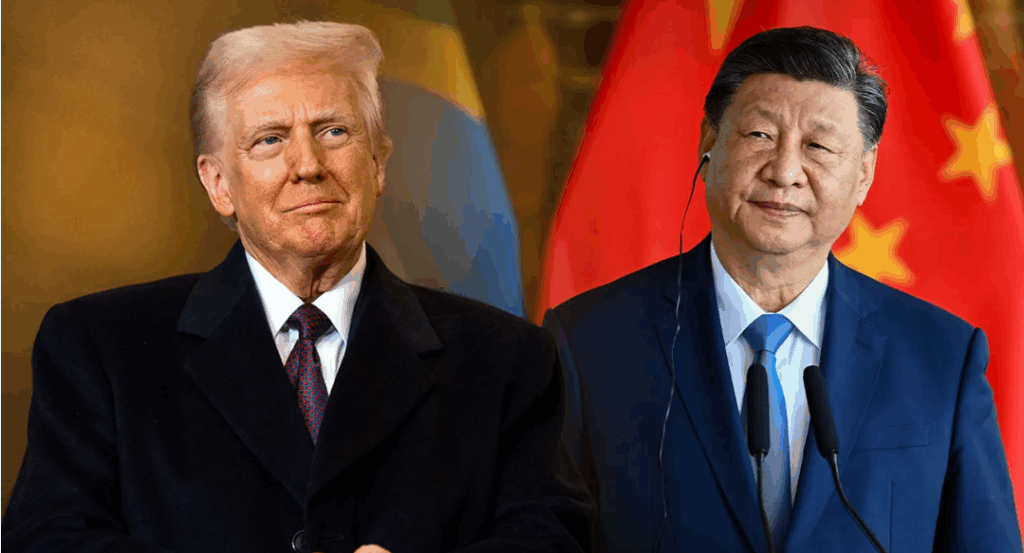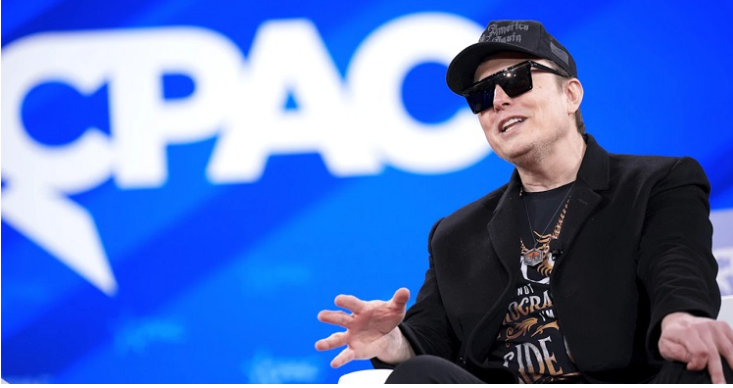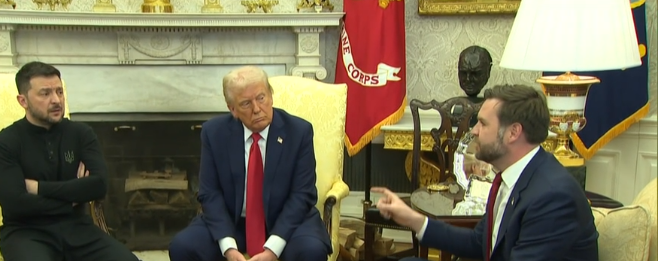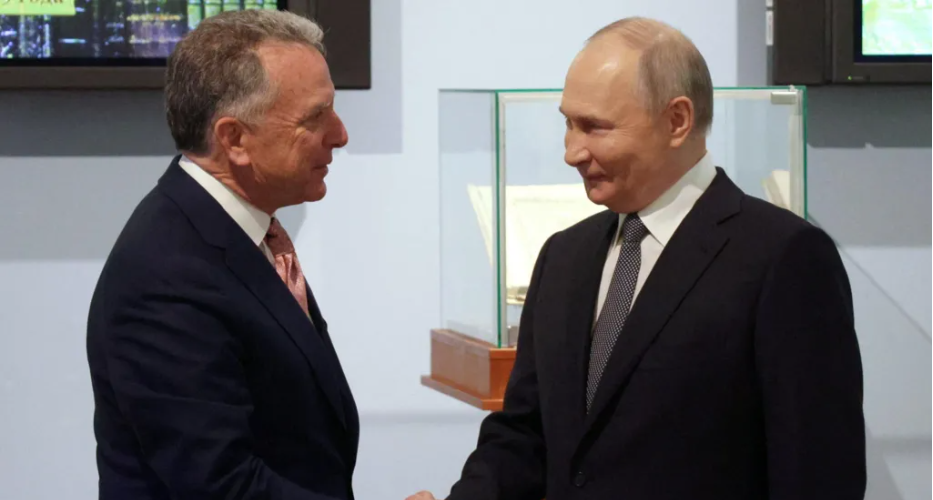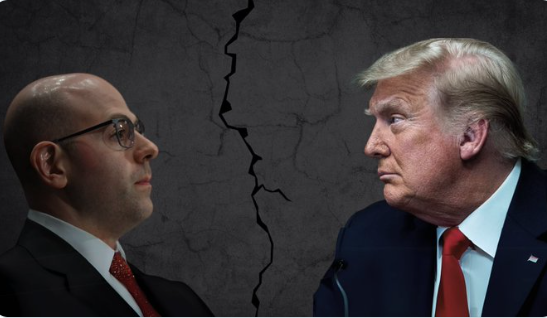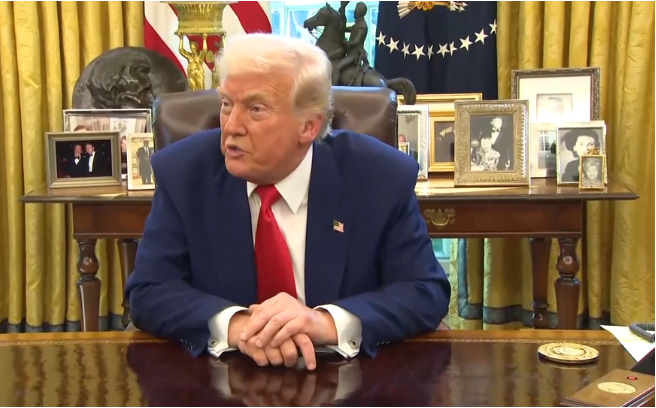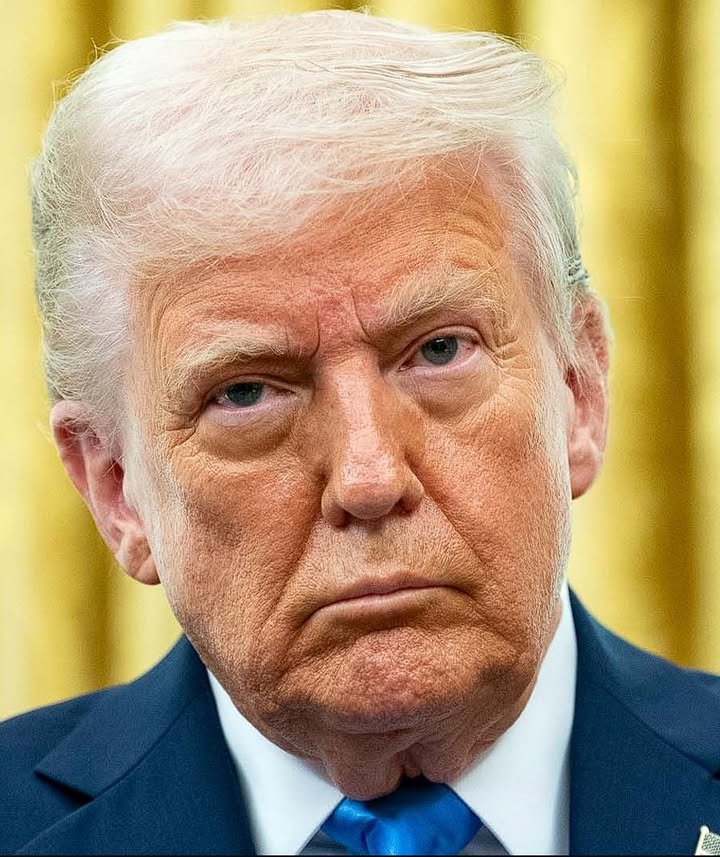This article explores the implications of President Trump's tariffs on Chinese goods, highlighting how they could reshape U.S.-China relations and impact the global economy. It discusses rising prices for consumers, potential job losses, and the challenges faced by China in this economic landscape.
This article explores the potential impact of President Trump's cost-cutting plans on Social Security, a crucial program for millions of Americans. It details the ongoing political battle between Trump and Biden, highlighting concerns over job cuts at the Social Security Administration and the implications for everyday families. As misinformation spreads and frustrations grow, the urgency to protect Social Security becomes more evident, emphasizing the need for informed discussions around this personal issue.
A Wisconsin teenager has been charged with the shocking double homicide of his parents, allegedly tied to a conspiracy to assassinate President Trump, raising concerns about youth radicalization and extremist ideologies.
Elon Musk criticizes the use of taxpayer funds to support legacy media outlets during a speech at CPAC, raising concerns about government influence on journalism and public trust.
This article explores the impact of tariffs on American consumers, highlighting the anxiety and frustration felt by shoppers as prices rise. It covers personal stories and economic forecasts, illustrating the unpredictable landscape of everyday spending due to tariffs.
This article explores the ongoing conflict in Ukraine and the recent peace talks between US special envoy Steve Witkoff and Russian President Vladimir Putin. It discusses the emotional toll of the war, diplomatic efforts, and public statements from figures like Trump and Zelensky, highlighting the complexities of achieving a ceasefire and the role of international involvement.
The article discusses the urgent need for a ceasefire in Ukraine, highlighting U.S. envoy Steve Witkoff's meeting with Vladimir Putin and former President Trump's comments. It emphasizes the human toll of the conflict and the complex nature of international negotiations, including recent military aid pledges by allies. The piece also reflects on individual stories impacted by the war, particularly the case of Ksenia Karelina, raising questions about justice and diplomacy during wartime.
The article discusses the recent pause in Trump's tariff strategy, exploring its implications for the economy, investor sentiment, and geopolitical relationships, while raising questions about potential repercussions.
This article discusses President Trump's unexpected 90-day pause on new trade tariffs amid rising global market tensions. The move aims to alleviate investor concerns and navigate complex international trade relationships, particularly with China and the EU. It raises questions about strategic retreats and ongoing negotiations that may affect the U.S. economy.
Donald Trump's recent tariffs on Chinese and EU goods represent a significant shift in U.S. trade policy. This article examines the implications for the economy, the potential risks of protectionism, and the political dynamics involved.
